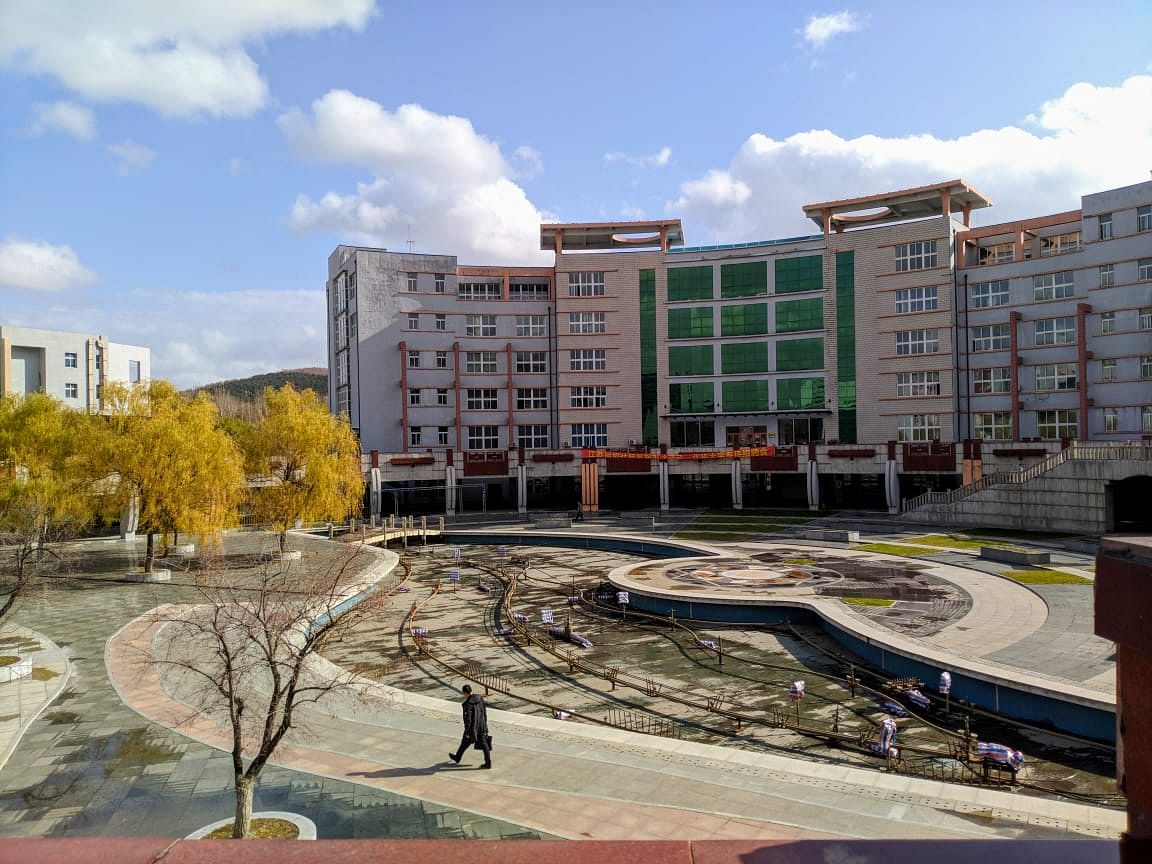
It has been three months since Arbaz Arif finished his MBBS course, yet he isn’t quite confident about diagnosing a patient or administering IVs.
“How can I?” says the 24-year-old, stuck in Bengaluru since December 2019, unable to return to Beihua University in China because of the Covid-related travel ban imposed by that country.
As per reports, China stopped issuing visas to Indians in November 2020 and no flights are operating between the two nations.
“The last three semesters were going to be about hospital visits and observing doctors at work. But nothing happened because of the pandemic. We were only taught the theory subjects online,” says Arbaz, a Rachenahalli resident.
If he were in China now, he would be doing an internship at a hospital. But he is instead preparing to write the Foreign Medical Graduates Examination (FMGE) in December.
If he qualifies, graduates like him can practice in India. “FMGE is difficult to crack but I have lost hope of going back to China and finishing the practicals,” he says.
No signs of return
China’s travel ban has drawn ire not just from students in India, some held a demonstration in front of the Chinese embassy in New Delhi in September, but also from other countries. Only students from South Korea and those enrolled in a few private universities have been allowed to return. The stranded groups have launched multiple Twitter accounts by the name of TakeUsBackToChina and written to the ministries concerned, and even the UN.
Vikram Misri, India’s ambassador to China, said last month China’s travel curb was unscientific, and hurting the interests of students and businesspeople.
But China has no choice, its foreign ministry spokesperson told the media recently.
World watch
Sumeet Jain, a higher education expert with Yocket, a startup, can explain why students are restless, even angry.
“The US started letting in international students right from August 2020. The UK followed but had to implement closures depending on when Covid peaked. So did European countries like Germany. Canada is open though the visa processing is exceptionally slow. These are the top destinations for higher education,” he says.
Australia could welcome back students in small phases, commencing in late 2021 and increasing in 2022. New Zealand made border exceptions for a few students this year and is “ready to act quickly when the opportunity arises”, say reports.
Closer home, Karnataka resumed classes at all health and medical education institutions in July.
“China has maintained silence,” 21-year-old Spurthy (second name withheld on request) points to the problem. She came to Bengaluru in January 2020 after writing her third-semester exam at a college in Shanxi.
To make up for the lack of practical training, she is watching YouTube tutorials. She has just completed a two-month observership at M S Ramaiah Medical College along with two batchmates. Observership allows foreign students to learn patient management by observing doctors.
Amid the silence, these students turn to the Internet and often hear rumours. The latest predicts they will be back on the campus by December.
However, an Instagram poll conducted among the international students enrolled with Chinese colleges puts that timeline to March 2022. “This wait has affected my parents’ mental health, especially my mother’s. She is concerned about my career as a doctor,” says Spurthy.
A cruel joke
Akshay Ashish, a resident of Koramangala, empathises with medical students but says other cohorts are having it bad too.
“I went to China on a full scholarship to do a master’s in business administration. But look at me now. I have to pay rent and take care of daily expenses. So I work on two laptops side-by-side, one to attend my online classes and the other to attend office meetings. I had to take up a full-time job,” the 26-year-old explains.
“A friend flew to Paris four months ago to rejoin his studies. He has been asking me when I am going to China. This has become a cruel joke. My clothes, my school certificates, my work documents, even a laptop, all are locked up in my room in China,” he says.
WHY CHINA? IT’S WAY CHEAPER
According to estimates, about 23,000 Indians study in China, and mostly medicine.
Arbaz Arif, who graduated from a medical college in China in July, explains why: “Medical education is massively cheaper there. The college fee plus accommodation for six years comes to about Rs 20 lakh. In India, the college fee is Rs 60-70 lakh, in addition to the donations that are common in private colleges.”